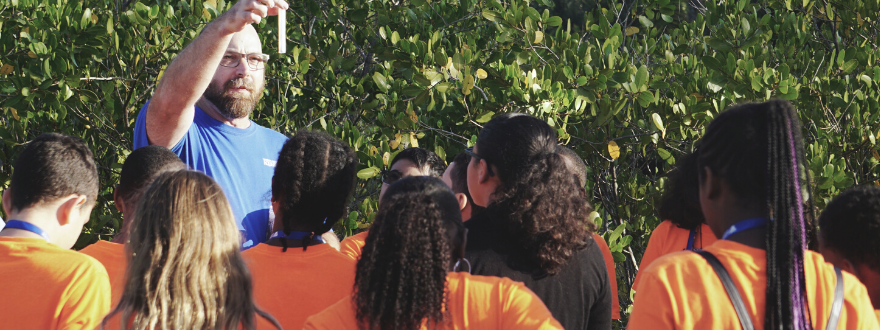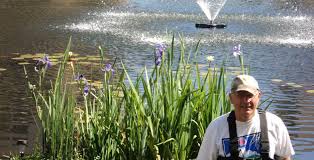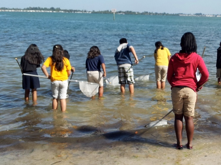The Tampa Bay Estuary Program and the Southwest Florida Water Management District have both kicked off grant programs for 2023-2024 that offer funding for schools and other organizations involved in environmental education and restoration.
TBEP Bay Mini-Grants can be used for a wide variety of community-led environmental education and restoration projects, including rain garden installation, coastal cleanup events, environmental lesson plans and tools, native plantings, oyster recycling, retention pond rejuvenation, documentary filming, storm drain improvements, participatory science and art installations.
Last year, $94,000 was awarded to 22 Bay Mini-Grant projects. Based on feedback from the public, this year’s committee will prioritize applications that address mangrove planting, restoration or education, but all creative projects that provide fun and meaningful experiences with nature are encouraged. Successful projects will support the clean water, habitat restoration and environmental education priorities included in the Conservation and Management Plan for Tampa Bay.
Schools, colleges, non-profit organizations, and businesses in Hillsborough, Manatee, Pasco, Pinellas, and Polk counties are eligible to apply. The maximum award is $5,000 per project. The deadline to apply is 5 p.m. on Sept. 15. Interested applicants should attend a webinar on Aug. 23 to learn how to create a competitive application and get project-specific questions answered.
SWFWMD School Grants
- SWFWMD Splash! School Grants provide up to $3,000 per school to enhance student knowledge of freshwater resource issues. Public and charter school teachers of grades K-12 are eligible to apply. Activities should cover:·
Water Cycle Basics
Freshwater or Estuarian Ecosystems
Water Quality
Water Supply and Conservation.
- Teachers should review the list of requirements and sample activities before starting their grant application. All grants are required to include classroom activities focused on freshwater resources, even if the main component of the grant is a school garden or field trip. STEM (Science, Technology, Engineering, and Mathematics) strategies should be included to actively engage students in water resource education; a drop-down menu of Next Generation Sunshine State Standards (NGSSS) big ideas is available on the application.
Applications are due on Sept. 8.


